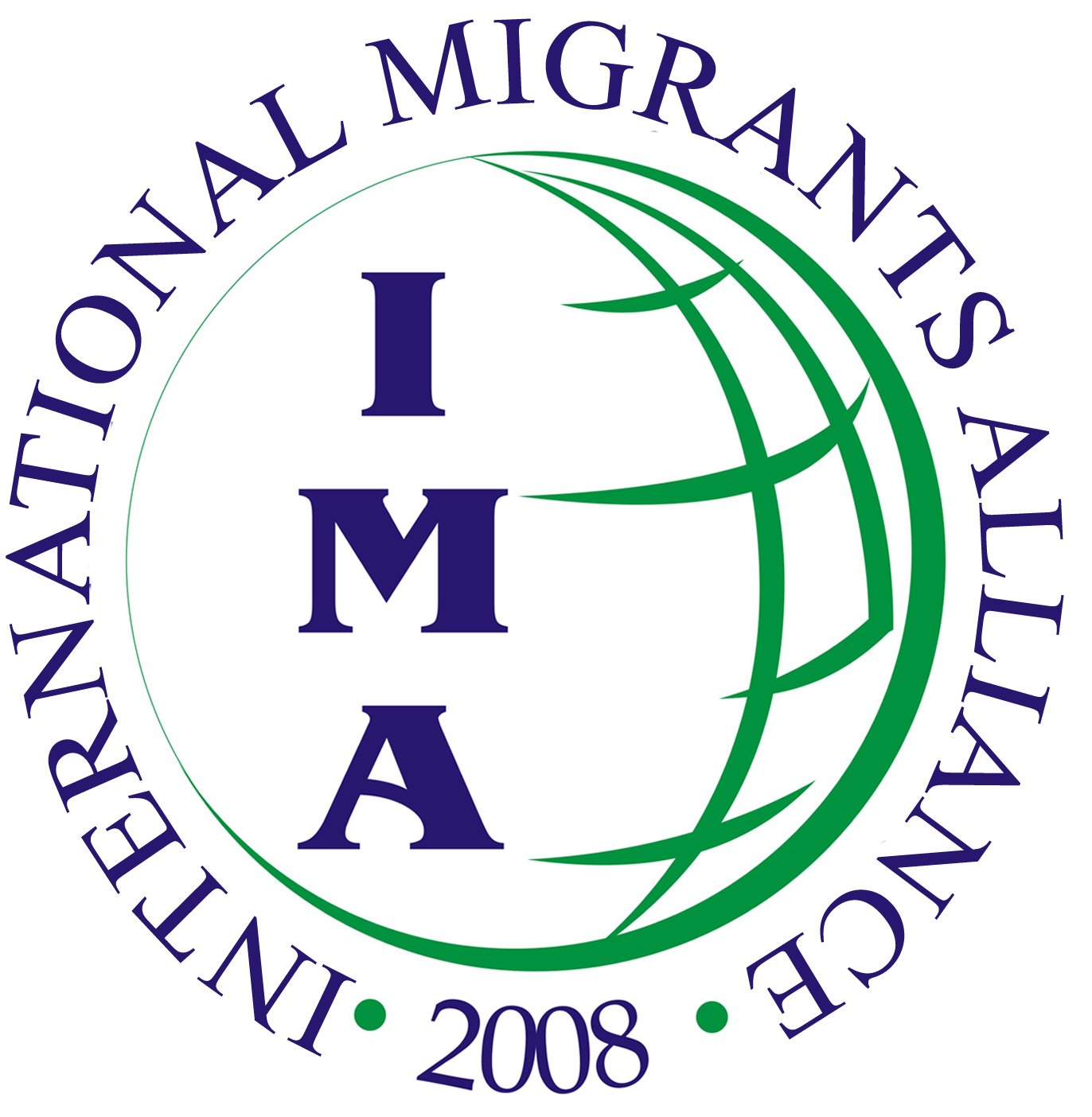IMA Statement for 2014 International Women's Day
The world was shocked with the pictures of the bruises, wounds and obvious sufferings of Erwiana Sulistyaningsih, an Indonesian woman domestic worker in Hong Kong. The shock turned to anger, and the International Migrants Alliance (IMA) enjoins all migrants to turn our anger into collective actions to change the condition of millions of us who live and work with abuses, exploitation and oppression.Almost half of the 232 million migrants worldwide are women. They mostly come from underdeveloped and developing countries, and are engaged in all sectors of work especially in service and agriculture.We are factory workers who are underpaid, agricultural workers who have no security, domestic workers who are treated as slaves, health and care workers whose work is undervalued, women trafficked into the sex and other trades, and marriage migrants who are victims of social exclusion. We are women migrants suffering from all forms of violence at home, in our workplace and in the society.As migrants, we are victims of the vicious system of commodification and modern-day slavery that tramples on our rights and our dignity. This is the system of migration that puts wellbeing of the likes of Erwiana and numerous more women in serious risk.This is the kind of migration perpetuated by neoliberal globalization that keeps many people in extreme poverty and creates a huge army of the unemployed and underemployed whose only real recourse for survival is to migrate as cheap labourers. As the world continues to be mired in crisis, imperialists, through the World Trade Organization and other trade deals including the Trans Pacific Partnership Agreement and the Trade in Services Agreement, are aggressively pushing to dismantle any vestige of patrimony and sovereignty of poorer countries to save their own economies and thus result to a more widespread displacement of people.Such migration is now deodorized and used to promote as development framework that does not address the fundamental issues of underdevelopment. International financial institutions such as the World Bank and the Asian Development Bank as well as bodies like the United Nations, Organization for Economic Cooperation and Development and the Global Forum on Migration and Development are consistent in pushing the use of migration for their own version of development that is not based on principles of human rights, equitability and sustainability.Under the neoliberal globalization framework of migration for development, our future is bleak. There will be more Erwianas, more Kartikas, and more women who will be forced to migrate and be exploited by agencies and unscrupulous employers. There will be more women who will fall victims to the economic, social, political and cultural violence perpetrated by the state and the ruling elite.On this year’s commemoration of the International Women’s Day we remember our sisters and fellow workers who confronted various violations of our rights as women and as workers.As we remember the pictures of Erwiana and numerous more battered, bruised and wounded pictures of women migrants, we also celebrate the solidarity women have shown since the first IWD.Throughout the years, we have won countless victories from our collective struggles. From the level of factory struggles, to national and international levels, women as a sector or as members of the working class and other exploited classes have achieved gains for our rights. We remember the victory of Juana Tejada in Canada, the victory of the campaigns of Asian migrants in Hong Kong, the victory of trafficked women in the US, the victory of stranded women migrants in Hong Kong, and the victory of women domestic workers in having the ILO Convention on Domestic Workers (C189) approved.These we remember today as we celebrate and pledge to continue our collective struggles until all of us break free from gender and, moreso, class oppression and exploitation. Reference: Eni Lestari, chairpersonEmail: ima.sect@gmail.com
